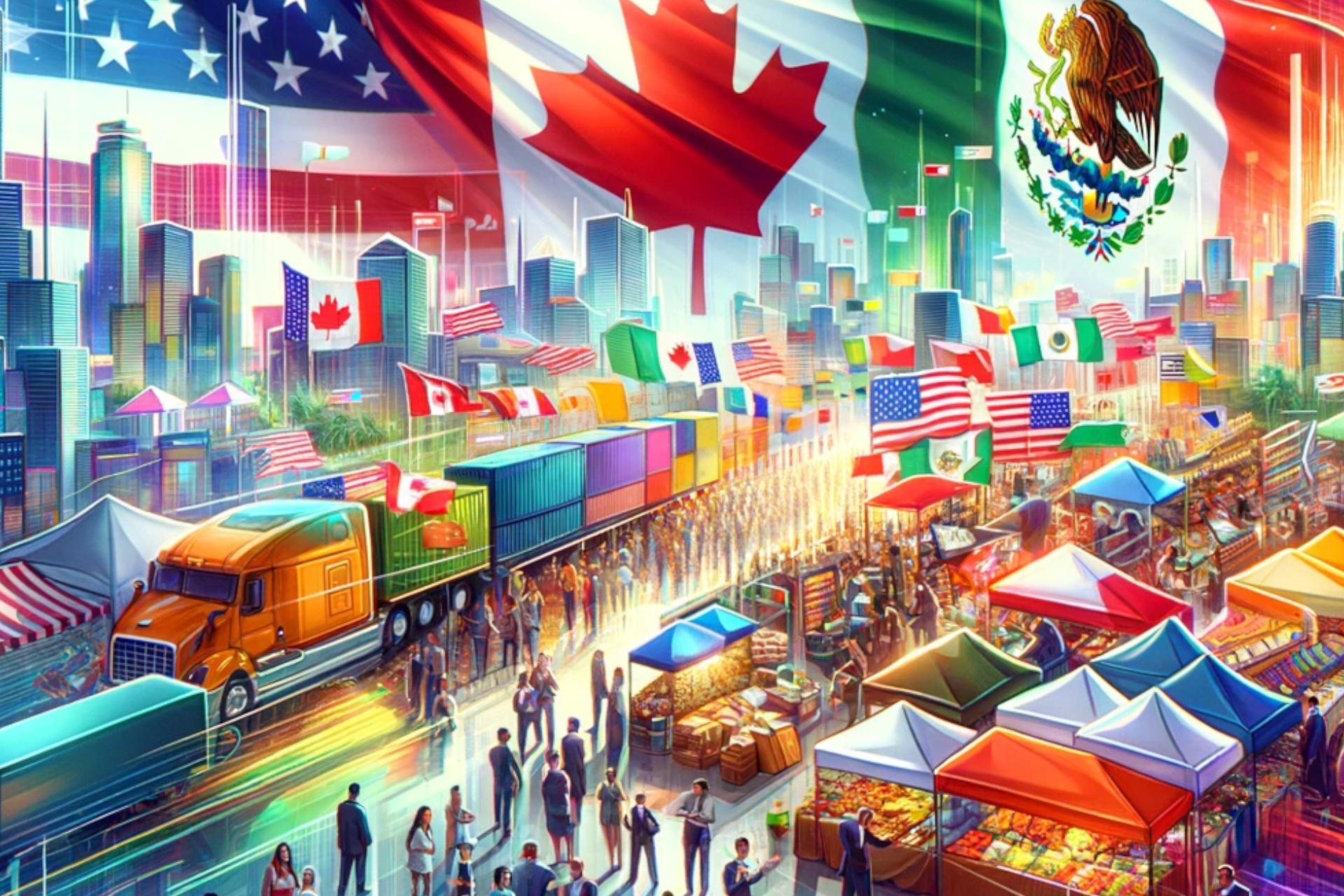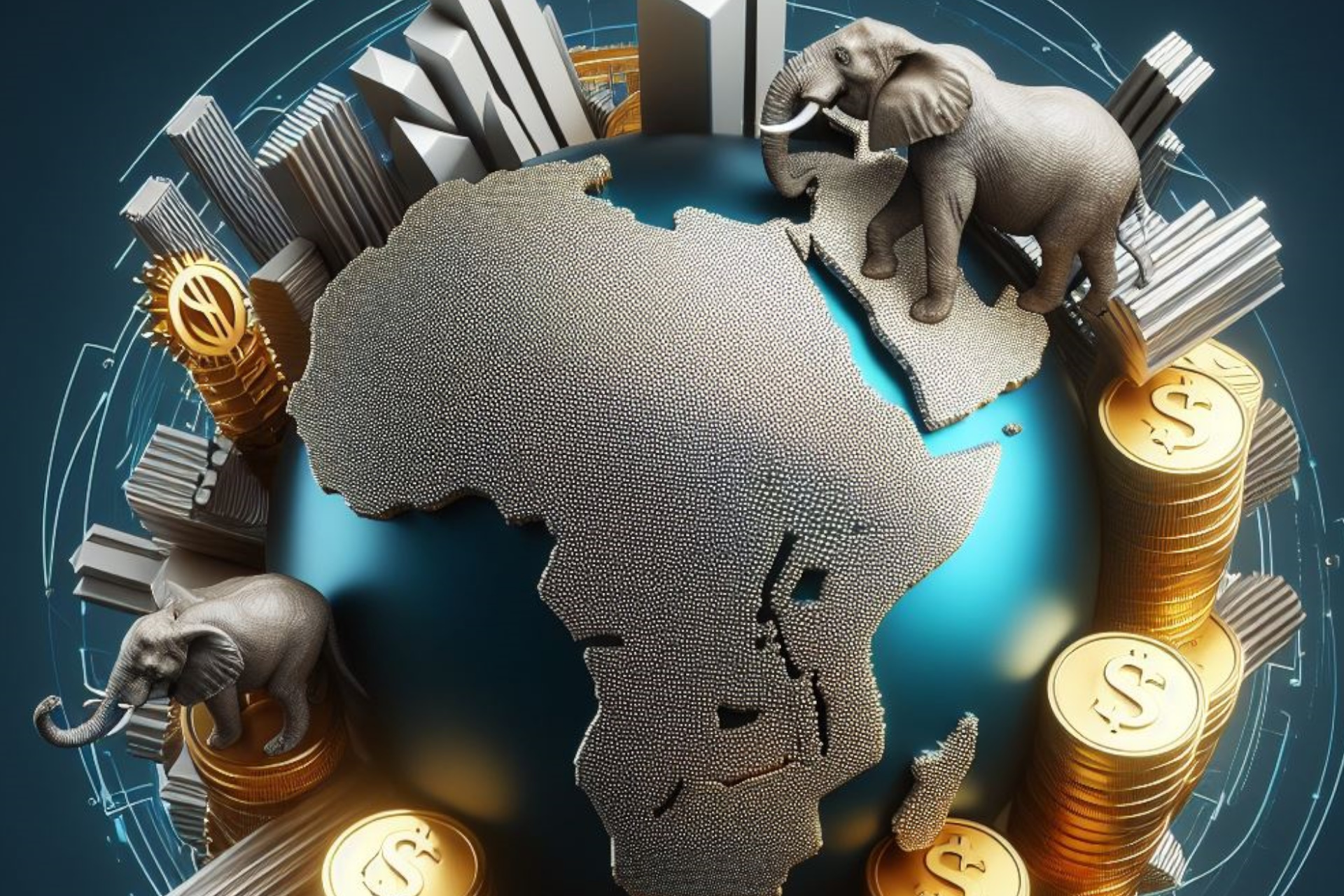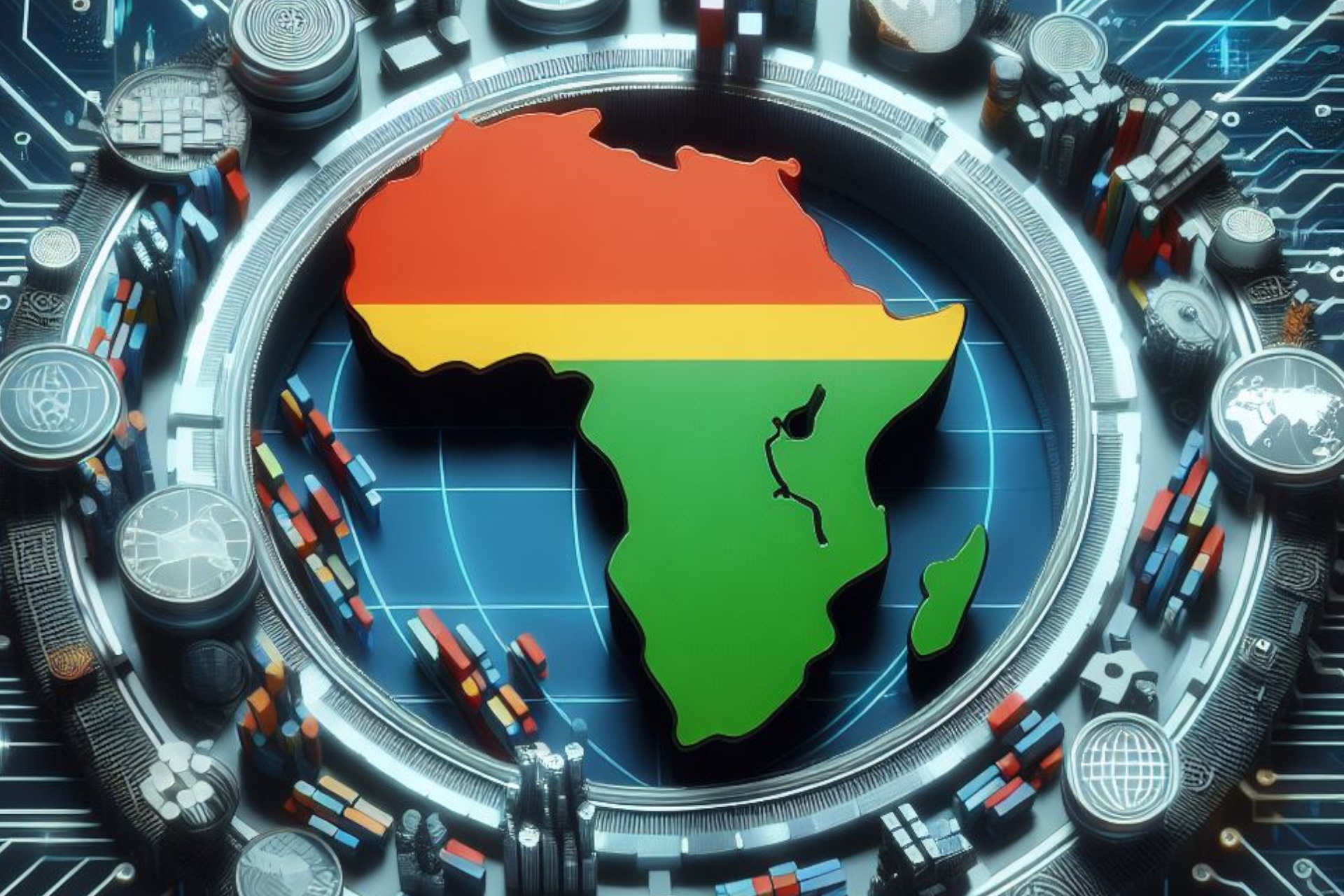Africa's potential as a global hub for promoting cross-border trade inclusivity and sustainable development is both vast and attainable. By harnessing its demographic and natural resources, embracing sustainable practices, and fostering a more inclusive trade environment, Africa can significantly contribute to a more equitable and environmentally conscious global trade system.
Africa, often referred to as the last frontier for global economic growth, holds immense potential to transform into a global hub that promotes cross-border trade inclusivity and sustainable development. With its rich natural resources, youthful population, and strategic location, Africa is poised to play a pivotal role in shaping the future of international trade and environmental sustainability.
The continent's demographic dividend, characterized by its large and young population, presents a unique advantage. Africa’s workforce is projected to be the world's largest by 2030, providing an abundance of human capital and entrepreneurial potential. This demographic advantage can fuel innovation and drive the development of inclusive trade practices that not only cater to the domestic markets but also engage with global trade networks.
Moreover, Africa's vast reserves of untapped natural resources, including minerals, oil, and arable land, offer significant opportunities for sustainable extraction and exportation. However, the key lies in leveraging these resources responsibly and sustainably, ensuring that trade growth does not come at the expense of the environment. Sustainable practices, such as green mining, precision agriculture, and renewable energy, can be integrated into the trade frameworks to minimize ecological footprints and promote environmental stewardship.
Cross-border trade inclusivity is another area where Africa can lead by example. By breaking down trade barriers and enhancing connectivity, African nations can foster a more inclusive trade environment. The African Continental Free Trade Area (AfCFTA), for instance, is a step in the right direction, aiming to create a single market for goods and services, thereby facilitating the free movement of business persons and investments. Initiatives like these can help to integrate smaller economies into the global trading system, allowing them to contribute to and benefit from global value chains.
However, achieving this vision requires concerted efforts to overcome existing challenges, including infrastructural deficits, regulatory inconsistencies, and political instability. Investments in infrastructure, such as roads, ports, and digital connectivity, are crucial to enhancing trade efficiency and inclusivity. Similarly, harmonizing trade policies and regulations across the continent can reduce transaction costs and simplify cross-border trade.
#AfricaTradeHub #SustainableDevelopment #CrossBorderInclusivity #AfCFTA #GlobalTrade #EconomicGrowth #EnvironmentalStewardship
Read more views

















































































